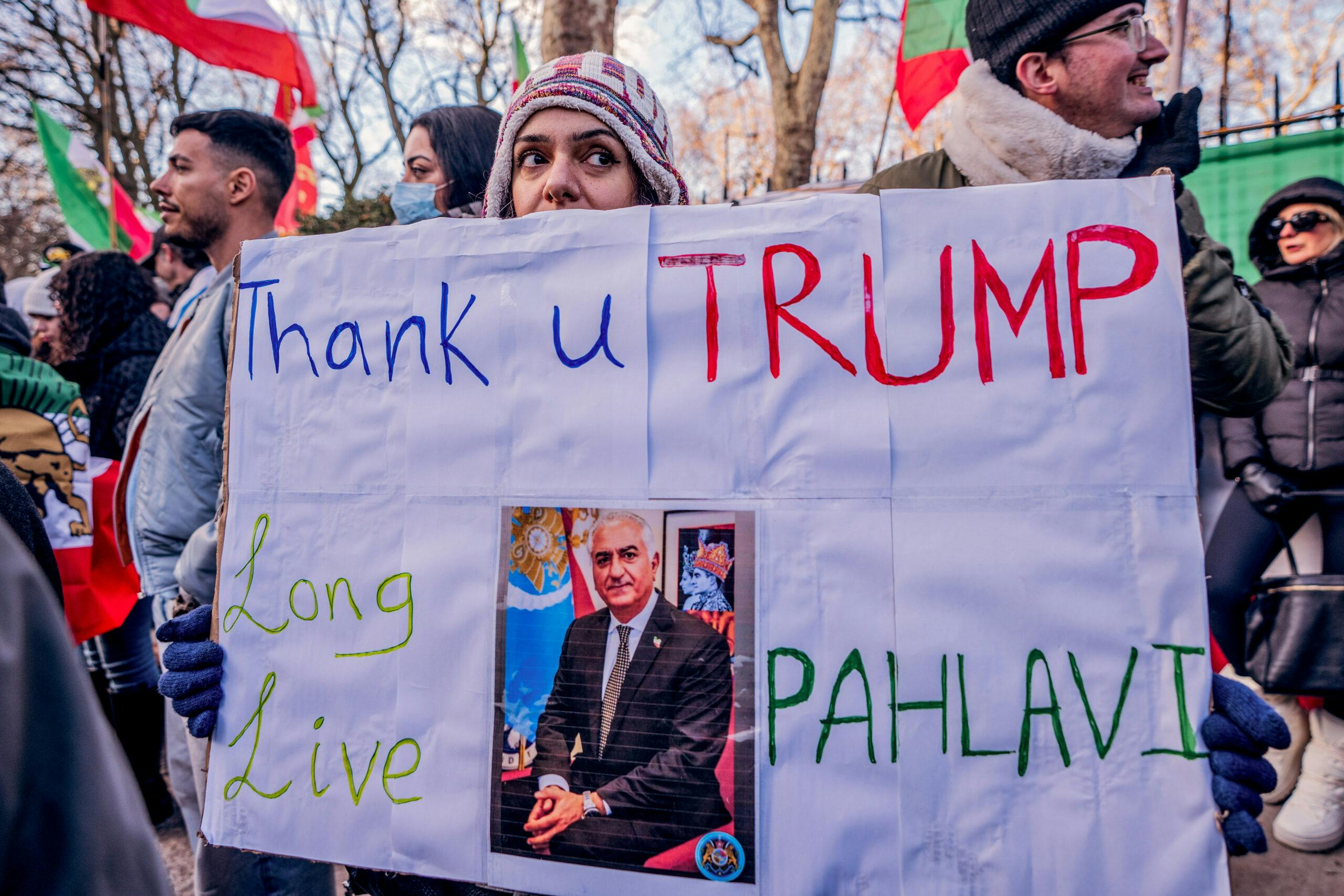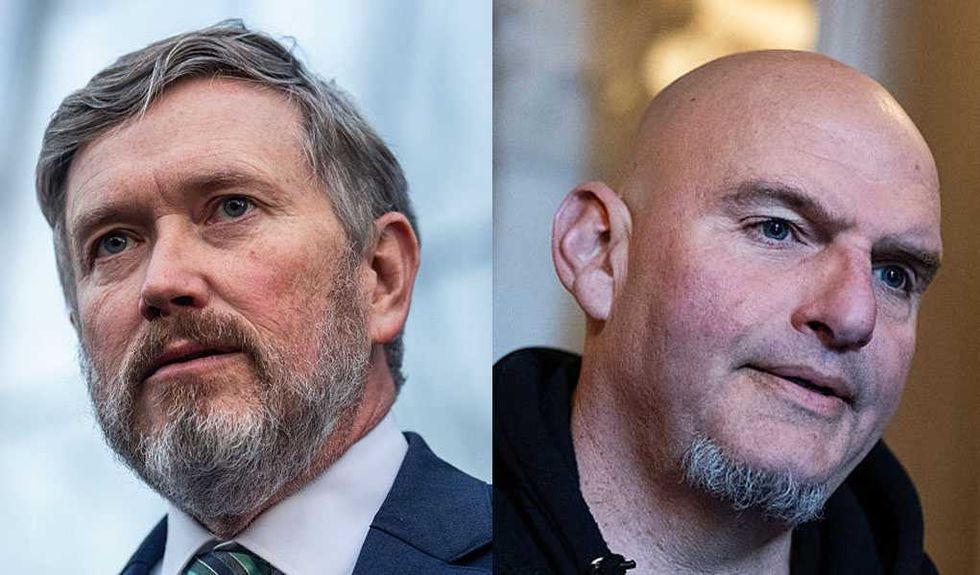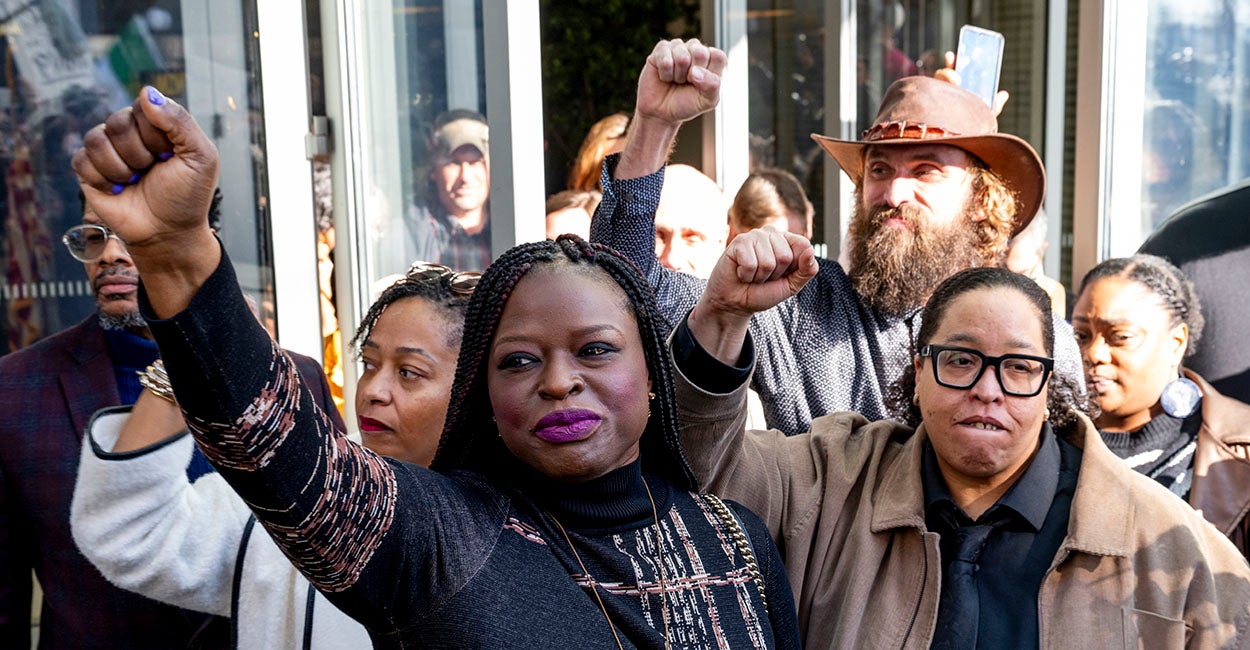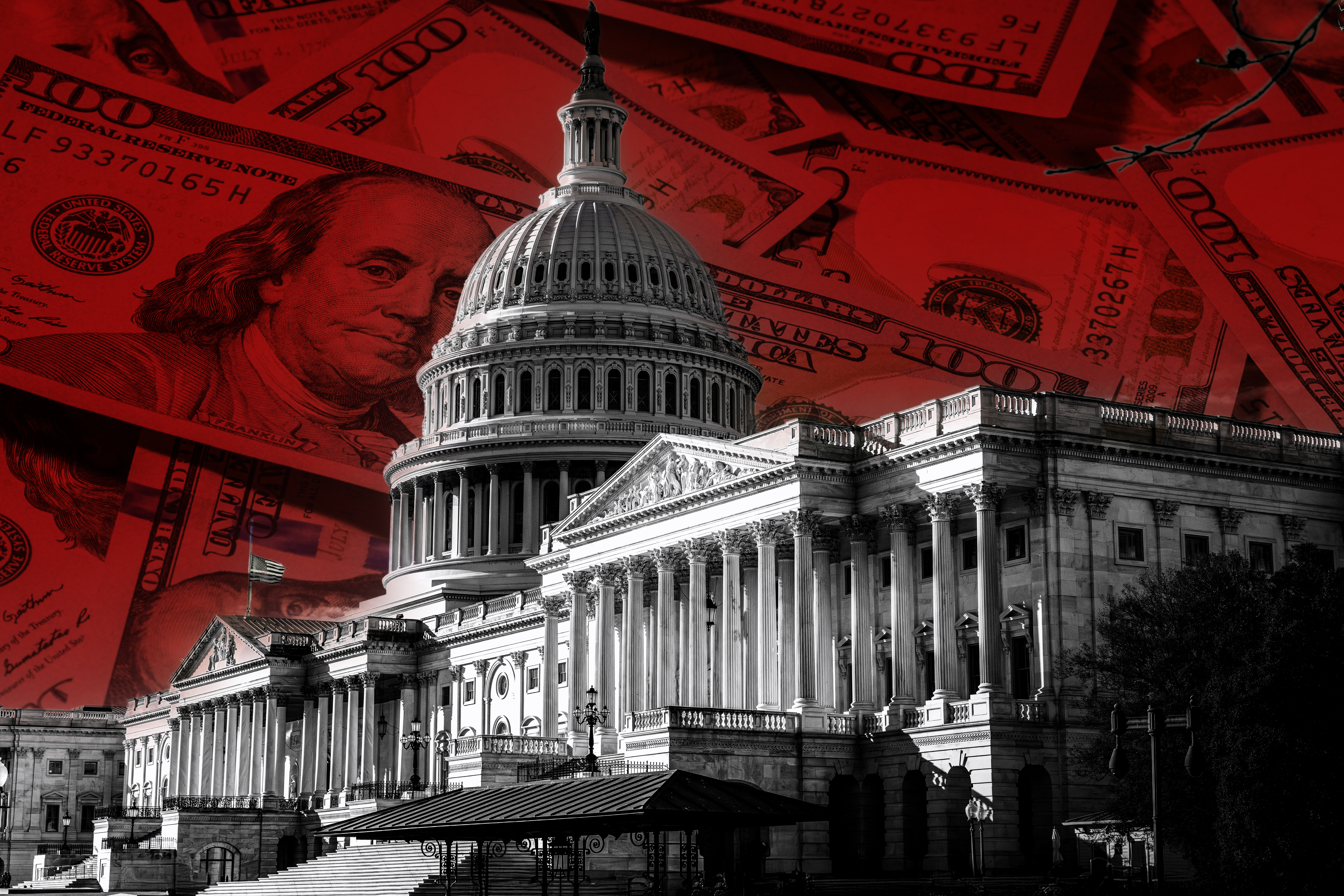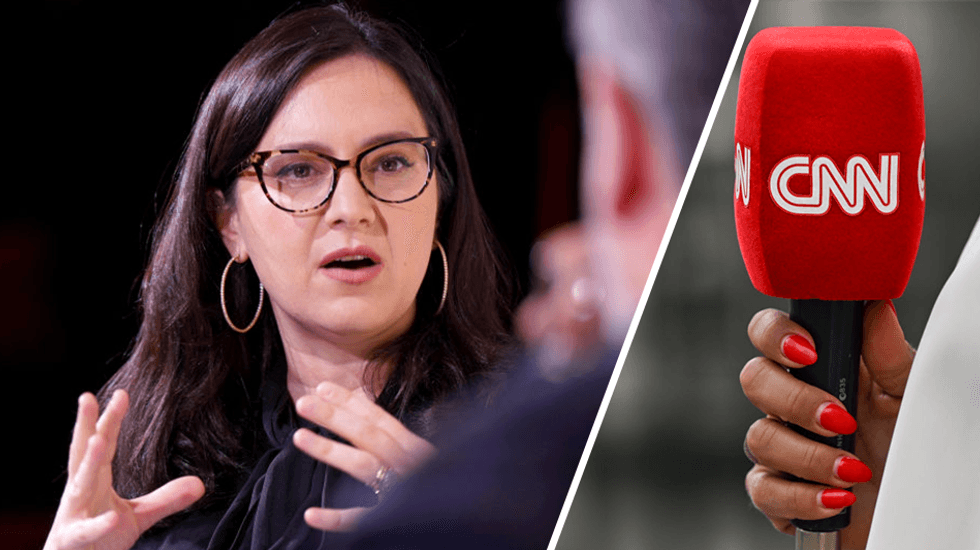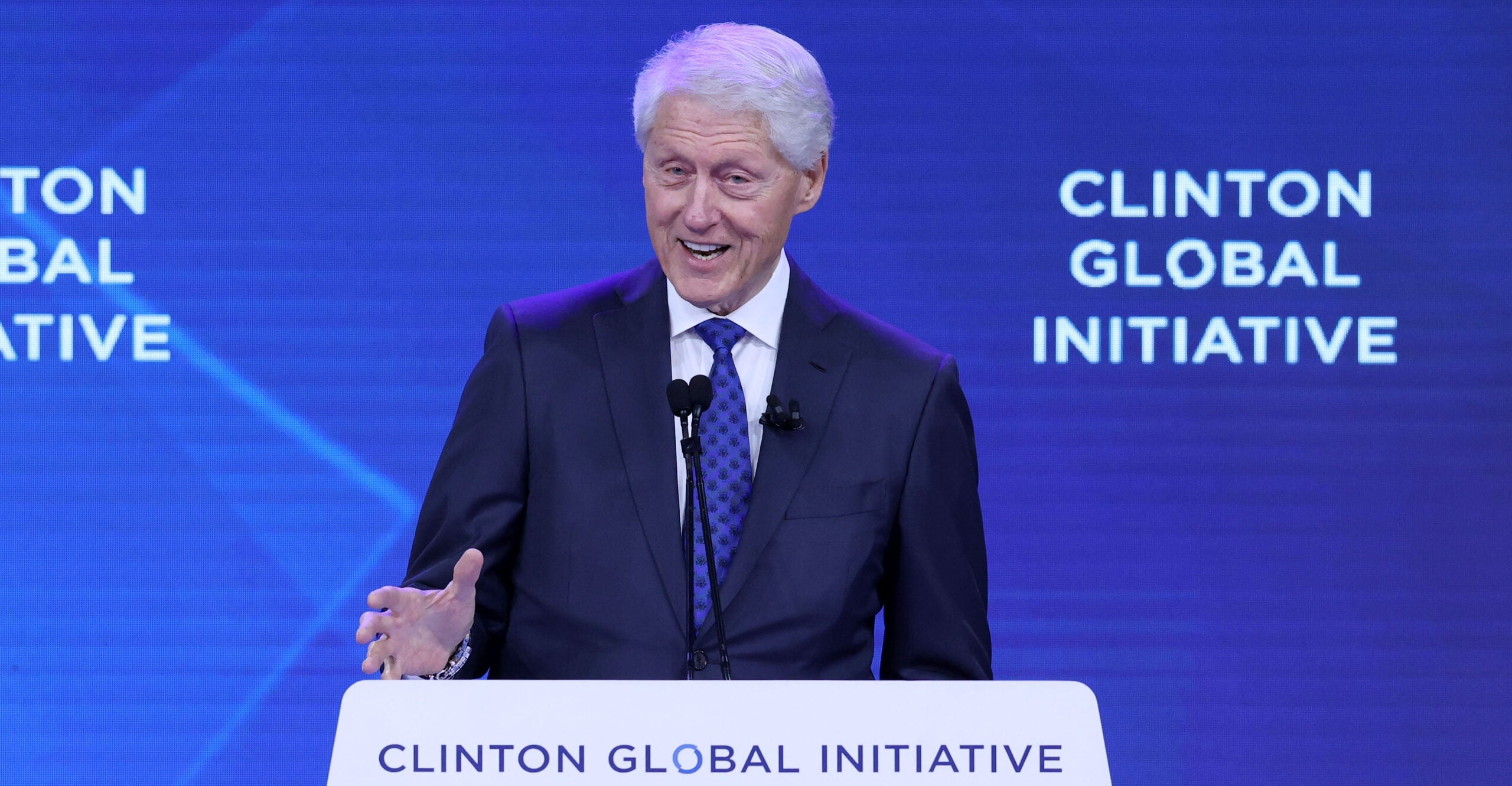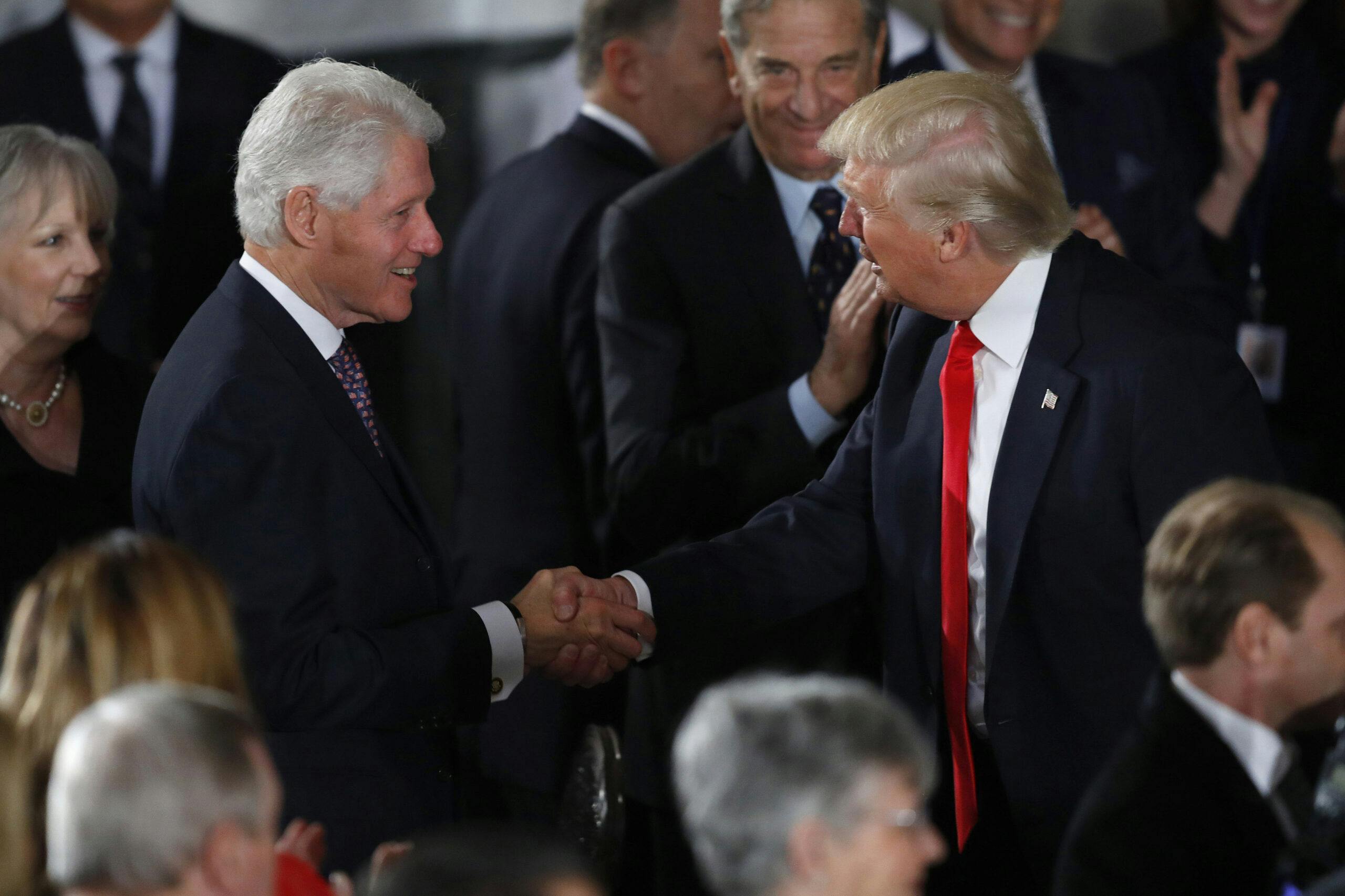What Is Prayer and What Does It Do?

It is not common for prayer to be a consistent talking point in the mainstream media. Usually, the topic concerning conversation with God is something that is reserved for churches and religious magazines. However, the shooting at a Catholic church in Minneapolis in August and the assassination of Charlie Kirk in September have created a sort of avalanche effect regarding the topic of faith and prayer in the media.
Live Your Best Retirement
Fun • Funds • Fitness • Freedom
Some have been claiming that prayer doesn’t matter and doesn’t do anything. We know of the now-infamous remarks of Jacob Frey, the Minneapolis mayor, telling people that we do not need any more prayers after the children were killed while they were praying. Other notable political commentators like Jen Psaki also ridiculed the idea of prayer during such times, noting, “Prayer is not freaking enough.”
Conservative minds and leaders in churches have responded accordingly to these absurd claims. Many cited the importance of faith for their own lives as well as their daily practice of prayer. What is critical, however, is to actually talk about what prayer is and what it does.
For Christians, prayer is all about communion. Prayer is a conversation with a living and true God. We are placed in the presence of God when we pray, and He truly listens to us as well as speaks to us. Christians believe this is possible because of the rational evidence for God’s existence and the identity of God. While these topics sound like they would only be relevant to a religious congregation, it has become vividly evident that our culture needs clarity on them as well.
First, God exists. There are many demonstrations for why this claim is valid. What stands out as most persuasive is the argument for causality. This notes that all material things have a cause. The universe is a material thing. Therefore, the universe must have a cause outside of itself for its existence. We call that cause God. Is it more rational to believe that the entire universe always existed or that there is a creator who ordered it and made it intelligible? Christians, and a growing number of scientists, hold that it takes more blind trust to be an atheist than to be a believer.
The argument from morality is also a very strong rational proof for God’s existence. If there is no God, then there is no right or wrong. There is no good or evil without objective goodness. We could assign goodness and evil to certain actions but without God all sense of objective truth evaporates. However, we know that there are actions that are always wrong and evil (murder of innocent children, for example). We know that there is evil in the world. Therefore, there must be a God who is goodness itself.
The God of the universe revealed who He is throughout human history. Christians claim that Jesus Christ is God. Christianity’s major claim is that God is a Trinity. He has perfect relationship. Since God is a relationship and God made us in his image and likeness, we are also made for a relationship. Prayer is simply the pursuit of that relationship.
Now we must investigate what prayer does. Prayer is not magic. We don’t pray so that things turn out the way that we want, we pray because we know that we are dependent on God for everything—our existence, our blessings, our every breath. We pray because we know we need relationship.
Since human beings are made for relationship, we know that isolation is a major cause for depression. Studies show that prayer reduces anxiety, stress, and depression. There are many hypotheses why this is the case, but some recent studies reveal interesting facts about prayer and brain function.
Prayer activates the parts of the brain that are active during interpersonal communication with other human beings. Consistent daily prayer has also been found to create a larger sense of calm and lower feelings of anger. On a practical level, habitual prayer also grows the area of the brain that is responsible for attention control. This can lead to a clear mind in a greater capacity for being present to those that we love. It also has led scientists to conclude that prayer can indirectly help ward off the risks of dementia to some degree.
Finally, praying for 12 focused minutes a day for eight weeks has been shown to alter the brain and make it more healthy. This is due to the fact that negative thoughts, like fear, can literally damage the brain. Regular prayer breeds peace and calm. It restores the sense of worth in the human heart and allows the human person to make contact with the God of love who desperately desires to spend time with us.
All of the above, from the rational evidence for God’s existence to the benefits of brain health reveal that prayer is not useless. Prayer is not a blind exercise in trust completed by naive believers. Prayer is the living out of one’s relationship with God and it allows the human heart to know its worth and become better for it—and that is why we pray.
We publish a variety of perspectives. Nothing written here is to be construed as representing the views of The Daily Signal.
The post What Is Prayer and What Does It Do? appeared first on The Daily Signal.
Originally Published at Daily Wire, Daily Signal, or The Blaze
What's Your Reaction?
 Like
0
Like
0
 Dislike
0
Dislike
0
 Love
0
Love
0
 Funny
0
Funny
0
 Angry
0
Angry
0
 Sad
0
Sad
0
 Wow
0
Wow
0




